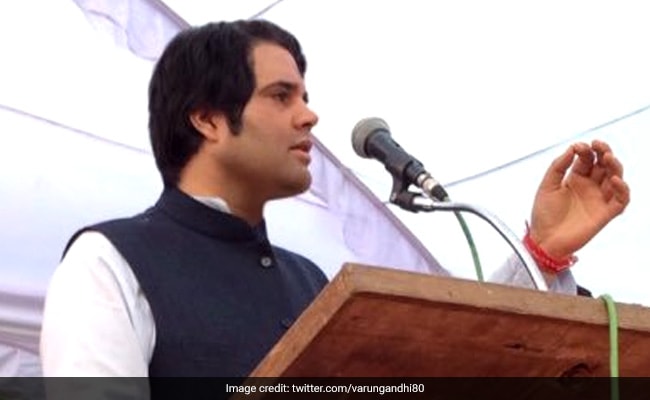‘Ae Watan Mere Watan’ review: An overly sincere tribute to a rebellion via radio
Kannan Iyer’s period drama, starring Sara Ali Khan, is out on Prime Video.


In 1942, as the colonial British regime turns up the violence on its increasingly restless Indian subjects, a group of young people with their lives ahead of them pledge to “Do or Die”. Ae Watan Mere Watan tells the story of one of these youngsters, the 22-year-old Usha Mehta, and her radio rebellion.
Kannan Iyer’s Hindi-language movie for Prime Video is set during the decisive Quit India movement. When the Congress party gets banned and its top leadership is thrown into prison, Usha (Sara Ali Khan) sets up an underground radio station that will keep Indians informed about events.
The short-wave brainwave is executed like a bank heist. Scheming in the shadows while looking over their shoulders, Usha and her friends Fahad (Sparsh Srivastav) and Kaushik (Abhay Verma) run Congress Radio, as it comes to be known, with uncommon daring.
They have the backing of Congress leader Ram Manohar Lohia (Emraan Hashmi), who has managed to evade arrest. The British unleash the odious John Lyre (Alex O’Nell) on the plotters. Usha has other battles to fight, including the disapproval of her judge father Hariprasad (Sachin Khedekar).
The involvement of Usha Mehta, the iconic Gandhian, with Congress Radio have been documented in several books, including Usha Thakkar’s Congress Radio: Usha Mehta and the Underground Radio Station...



































![Safari Thorium Neo 8-Wheel Luggage Set Trolley Bags (Set of 3) at just Rs. 5,599 [MRP 29,100]](https://savefree.in/uploads/images/202409/image_870x580_66f63845060f0.webp?#)












![Handmade Brown Mango Wood Chopping Board At just Rs. 89 [MRP 599]](http://savefree.in/uploads/images/202303/image_870x580_641bf7e9c2206.jpg?#)


